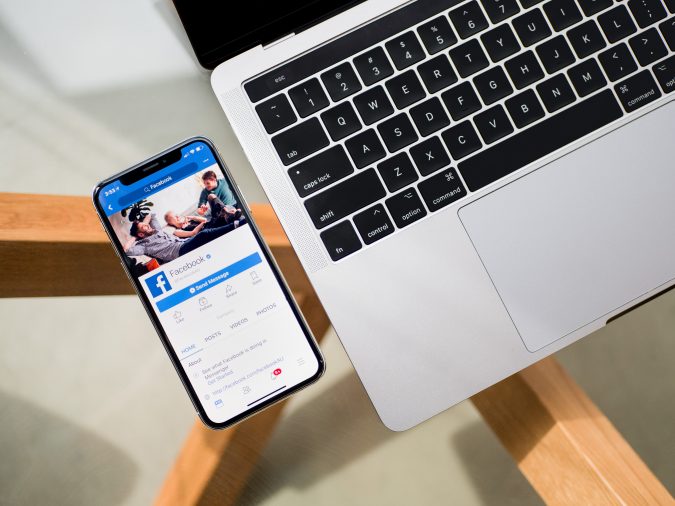The Importance of Making Your Business Mobile Friendly

When it gets to this time of year, we start to look back on how things have panned out for us. What with the leap into 2020, it’s worth looking back over the past decade.
One of the biggest changes for businesses this decade has come with mobile technology. Once upon a time it used to be enough for a business to have a website. Now, it has to be compatible with multiple different screen sizes, operating systems and handsets, be up to date and active on numerous social media channels, and sometimes even have it’s own app version.
Here are some things to consider when you’re on the path to making your business mobile friendly.
Starting Simply With Your Website
The first and most important step to making your business mobile friendly starts with your website. If you’re lucky enough to have a team in charge of your website then the chances are they’ve already covered this. However, if you’re doing it alone then it’s very important to consider it.
If you’re building your own business website, great places to start are Squarespace, WordPress and Wix. These cheap website builders allow you to customize your website, make sales, include chat boxes and various other features, and also allow you to see your website in a mobile view.
Generally speaking, unless you’ve played around with a lot of coding, the website you design through any of these websites will display fairly accurately on a mobile phone with just some minor tweaks. It’s worth bearing in mind that large image files aren’t advisable, as they’ll slow down load times on unpredictable mobile internet. It’s also worth increasing the size of your drop down menus, to allow for clumsy thumbs to pick their way through them.
Moving On Up to Building Yourself an App
Not all businesses will benefit from offering a mobile app. If you’re a local bakery, the chances are that your website will be more than sufficient and an app could only serve to confuse matters. However, plenty of businesses find that an app solves problems for them that a website can’t.
Taking, for example, the online gaming market. Whilst there are of course people who log in to play from their laptop or desktop, studies have shown that a staggering 80% of play time takes place from a mobile phone. This has lead companies that were once entirely web-based, like PokerStars and Runescape, to branch out and invest in strong mobile apps. This investment, made the business mobile friendly, although costly in the beginning. It created more traffic, more awareness, and an improved user experience for both brands.
Honing Your Skills as a Social Media Wizard

When Social media comes so naturally to young people, but can feel incredibly daunting for anybody approaching middle age. If we start to think of it less as a platform for fun and more as a platform for boosting business it can actually become much more approachable.
Most business will benefit from either Twitter, Facebook or Instagram, with some benefiting from all three. For businesses selling tangible products, particularly beautiful ones, Instagram is the place to go to. Set up your profile, make the best use of their fantastic analytics service and schedule some posts.
Businesses that rely heavily on word of mouth, or who sell non-tangible products, such as marketing or coaching, might find they have the greatest success on Twitter. This platform helps you reach a global audience, allows you to have a say on important topics by using trending hashtags, and even take part in planned chats by using specific hashtags to interact with people and businesses in the same field as yours. In this way your network can grow naturally and the right people will become aware of your business.
Facebook falls somewhere in the middle of these two platforms. While you can sell your wares on this platform, it’s not quite as ‘slick’ as Instagram. Similarly, while hashtags work on Facebook, the bigger conversations are generally taking place on Twitter.
The place where Facebook really comes into its own for businesses is in promoting events, becoming familiar with those local to you, and connecting your mobile app. Perhaps you run a crafting workshop business, or you have a bookstore that’s starting up a reading group. Building events and sharing them with those in your community will naturally gain you a following, and before you know it all of those events will be filling up.
